Sen. Lisa Murkowsi (R-AK) released the following statement explaining her vote to convict Donald Trump for incitement of insurrection:
“On January 13, when the U.S. House of Representatives impeached former President Donald J. Trump for a second time, I committed to upholding my oath as a U.S. Senator—to listen to each side impartially, review all the facts, and then decide how I would vote. I have done that and after listening to the trial this past week, I have reached the conclusion that President Trump’s actions were an impeachable offense and his course of conduct amounts to incitement of insurrection as set out in the Article of Impeachment.
“The facts make clear that the violence and desecration of the Capitol that we saw on January 6 was not a spontaneous uprising. President Trump had set the stage months before the 2020 election by stating repeatedly that the election was rigged, casting doubt into the minds of the American people about the fairness of the election. After the election, when he lost by 7 million votes, he repeatedly claimed that the election was stolen and subjected to widespread fraud. At the same time, election challenges were filed in dozens of courts. Sixty-one different courts – including many judges nominated by President Trump himself – ruled against him.
“President Trump did everything in his power to stay in power. When the court challenges failed, he turned up the pressure on state officials and his own Department of Justice. And when these efforts failed, he turned to his supporters. He urged his supporters to come to Washington, D.C. on January 6 to ‘Stop the Steal’ of an election that had not been stolen. The speech he gave on that day was intended to stoke passions in a crowd that the President had been rallying for months. They were prepared to march on the Capitol and he gave them explicit instructions to do so.
“When President Trump’s supporters stormed the Capitol, breached both chambers of Congress, and interrupted the certification of Electoral College votes, he took no action for hours. The evidence presented at the trial was clear: President Trump was watching events unfold live, just as the entire country was. Even after the violence had started, as protestors chanted ‘Hang Mike Pence’ inside the Capitol, President Trump, aware of what was happening, tweeted that the Vice President had failed the country. Vice President Pence was attempting to fulfill his oath and his constitutional duty with the certification of Electoral College votes.
“After the storm had calmed, the President endorsed the actions of the mob by tweeting, ‘These are the things and events that happen when a sacred landslide election victory is so unceremoniously & viciously stripped away from great patriots who have been badly & unfairly treated for so long. Go home with love & in peace. Remember this day forever!’ This message, in defense of only himself, came nearly four hours after the attack on the Capitol began. President Trump allowing the violence to go on for hours without any clear directive or demand for peace – his intentional silence – cost Americans their lives. President Trump was not concerned about the Vice President; he was not concerned about members of Congress; he was not concerned about the Capitol Police. He was concerned about his election and retaining power. While I supported subpoenaing witnesses to help elucidate for the American people President Trump’s state of mind during the riot, both his actions and lack thereof establish that.
“If months of lies, organizing a rally of supporters in an effort to thwart the work of Congress, encouraging a crowd to march on the Capitol, and then taking no meaningful action to stop the violence once it began is not worthy of impeachment, conviction, and disqualification from holding office in the United States, I cannot imagine what is. By inciting the insurrection and violent events that culminated on January 6, President Trump’s actions and words were not protected free speech. I honor our constitutional rights and consider the freedom of speech as one of the most paramount freedoms, but that right does not extend to the President of the United States inciting violence.
“Before someone assumes the office of the presidency, they are required to swear to faithfully execute the office of the President and to preserve, protect, and defend the Constitution of the United States. President Trump – the nation’s elected leader, the Commander in Chief of our armed forces – swore an oath to defend America and all that we hold sacred. He failed to uphold that oath.
“One positive outcome of the horrible events on January 6, was that hours after the Capitol was secured, on January 7, at 4:00 a.m., Congress fulfilled our responsibility to the U.S. Constitution and certified the Electoral College results. We were able to do that because of brave men and women who fulfilled their oath to protect and defend Congress. I regret that Donald Trump was not one of them.”

Democracy Witness is a non-profit newsroom project, with a mission to report on the health of civic processes and violations of human rights. Our purpose is to ensure that all people enjoy the unalienable right to contribute to the improvement of the world around them and to remain free from oppressive abuses of power. #LiveYourDemocracy DemocracyWitness.org
